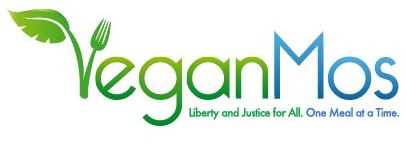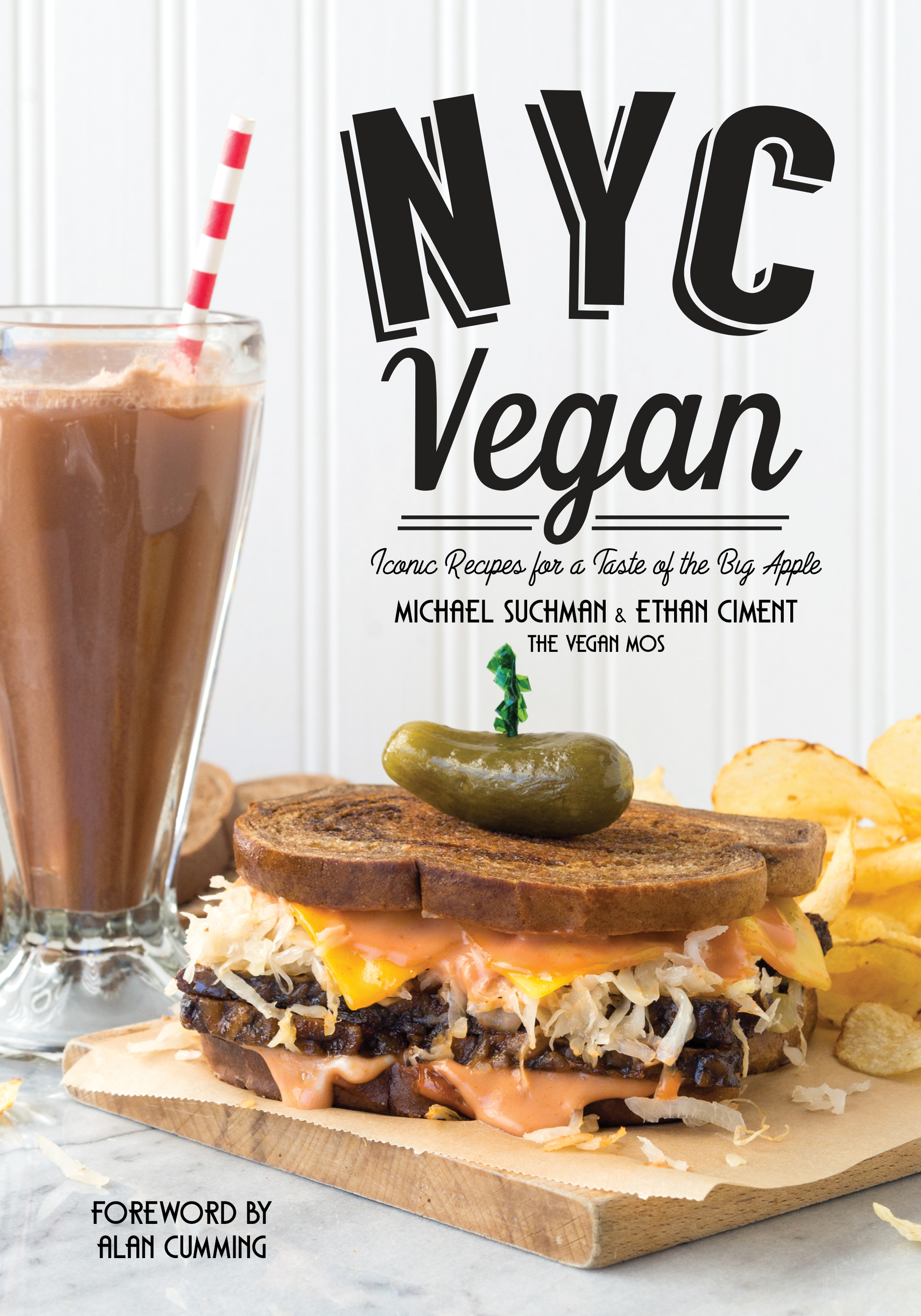This past week, the media seized on a story that Jay-Z and Beyoncé are doing a 22-day vegan challenge. Days after the story broke, the media reported that Beyoncé was seen accompanying Jay-Z into Native Foods (a vegan restaurant) in Westwood, California wearing a fur. Within hours, I saw this story posted all over my Facebook timeline with friends expressing outrage at Beyoncé’s audacity to do such a thing.
I found myself surprised by the outpouring of animus towards Beyoncé for this. Indeed, it is rude or, at best, insensitive to come into any vegan establishment wearing animals in any form. I try not to take it personally because I know that, for most part, folks are just totally unconscious about this. It literally doesn’t even register for them that there is something inherently upsetting about this. That said, it’s hard not to feel offended. Vegan establishments are havens to us in a world where we’re surrounded by the pervasive norm of animal exploitation and use. Wearing a fur into a vegan restaurant feels like someone bringing a gun into a church. It feels like a violation of sanctuary and non-vegans should be made aware of this so they understand that it’s not okay to do. We need to wake them up to this reality.
I also find it interesting that everyone is attacking Beyoncé for wearing for fur, but nobody has said a word about the fact that Jay-Z walked in wearing leather shoes and a wool jacket. It is hypocritical (and speciesist) to be upset about someone wearing for fur but not be equally morally outraged by someone else wearing leather or wool. So why has all of the media attention has been on Beyoncé’s fur and not Jay-Z’s wool coat or leather shoes? Because, even today, in our culture, we still attack women for doing the same things men get a pass for doing.
Dabbling in a “vegan diet” is nothing new for Jay-Z and Beyoncé. When Beyoncé was pregnant she went on a “partially vegan diet”. She was also wearing fur back then. After giving birth, she went back to her regular diet. Does that mean that she is an “ex-vegan”? Of course not. There is no such thing as a “ex-vegan”. You can be a plant-based eater who decides to go back to eating animal products, that’s for sure. But veganism is about the animals. The “diet” is a result of that ethical choice. By allowing the media to report about people “going vegan” when there has been no ethical shift or moral component to the choice we confuse the true meaning of veganism.
To give Jay-Z Credit, when asked about this 22 day challenge, he said, “I will embark on a 22 Days challenge to go completely vegan, or as I prefer to call it, plant-based!” Even Jay-Z understands the distinction between being plant-based and being vegan. He is not planning on giving up wool, silk, leather or fur. He has not ruled out going into horse-drawn carriage or taking a camel ride somewhere. Because he has not made the choice to be vegan, and he has been honest about that.
As a community of ethical vegans (indeed, a redundant term) I think it’s critical that we stop celebrating famous people and celebrities who “go vegan”. Of course I can understand why we do this. When you are as outnumbered as vegans are relative to the overall population, it’s understandably enticing and hope-sustaining to find visible signs of the shift towards veganism happening around us. But we don’t need to do this. Our movement is taking hold and spreading rapidly. We need not turn to celebrity vegans as evidence of vegansim gaining a foothold in mainstream culture. As vegans, we should celebrate our own stories and our own success in making life sustaining transformations. After all, for most of us, it wasn’t a celebrity who went vegan that convinced us to give it a try. More often than not, it’s because of a friend, family member, co-worker or acquaintance who has influenced us directly and opened our eyes to the reality around us. We need not publicize celebrities and their purported shifts to veganism, we should promote our own stories.
When we look to people like Ellen DeGeneris and put them up on a pedestal as a shining example of veganism, it does more harm in the long run when it comes out that she has been eating the eggs of the hens that she rescued. Both the mainstream and vegan media have made a huge example of Bill Clinton’s transformation to veganism even though he’s not really vegan. He is honest about the fact that he still eats fish. Folks, eating fish is not vegan. I know the mainstream media confuses this fact because they still genuinely struggle with the true definition of veganism. Vegan and animal rights advocacy organizations have a responsibility to do better. We must not promote an equivalency between the terms “vegan” and “plant-based”. Celebrities like Ginnifer Goodwin, Natalie Portman and Mike Tyson just to name a few have all been mislabeled and misappropriated for being vegans. These people were celebrated for “going vegan” and then attacked and reviled for their return to an omnivorous diet. They shouldn’t be attacked. They never went vegan. None of them made an ethical choice. Similarly, they should never have been celebrated in the first place.
We also need to check ourselves: why are we so willing to attack others? Isn’t veganism, at its core, about nonviolence? Let’s not feed into our frenzied media and crazy obsessive culture that seeks to judge, attack and character assassinate celebrities. It is bad enough to act this way when someone has actually engaged in a behavior that evokes such a response. It is completely unwarranted to attack people for not being vegan when they never made the ethical choice in the first place. Of course, it’s wonderful to hear stories about people opening themselves up to the benefits of a plant-based diet, but let’s keep things in their proper perspective. Let’s look at these stories, and then just turn the page.



